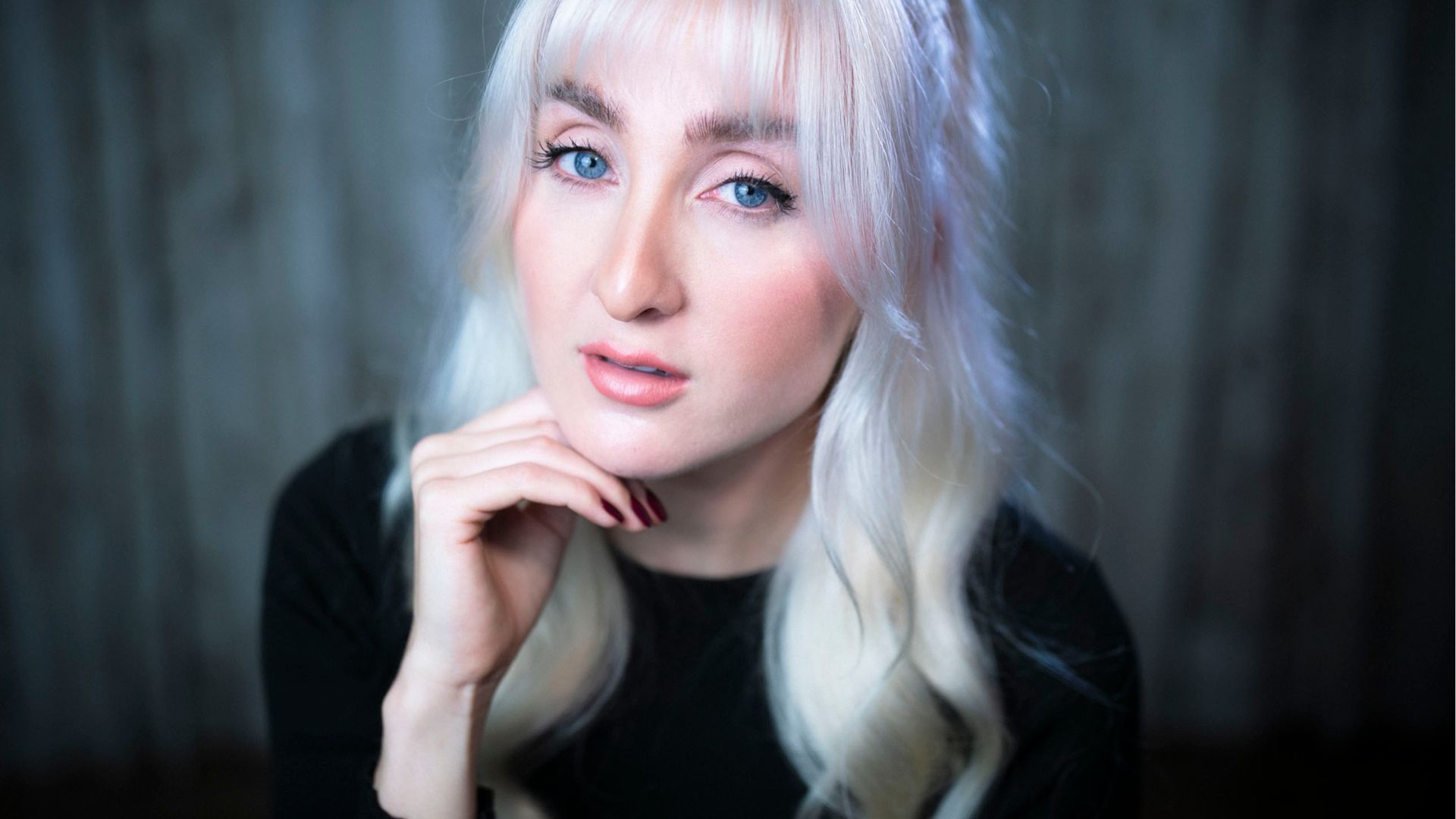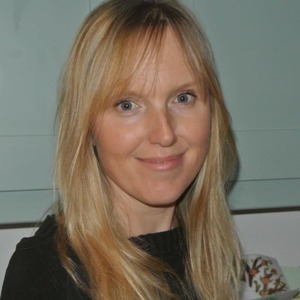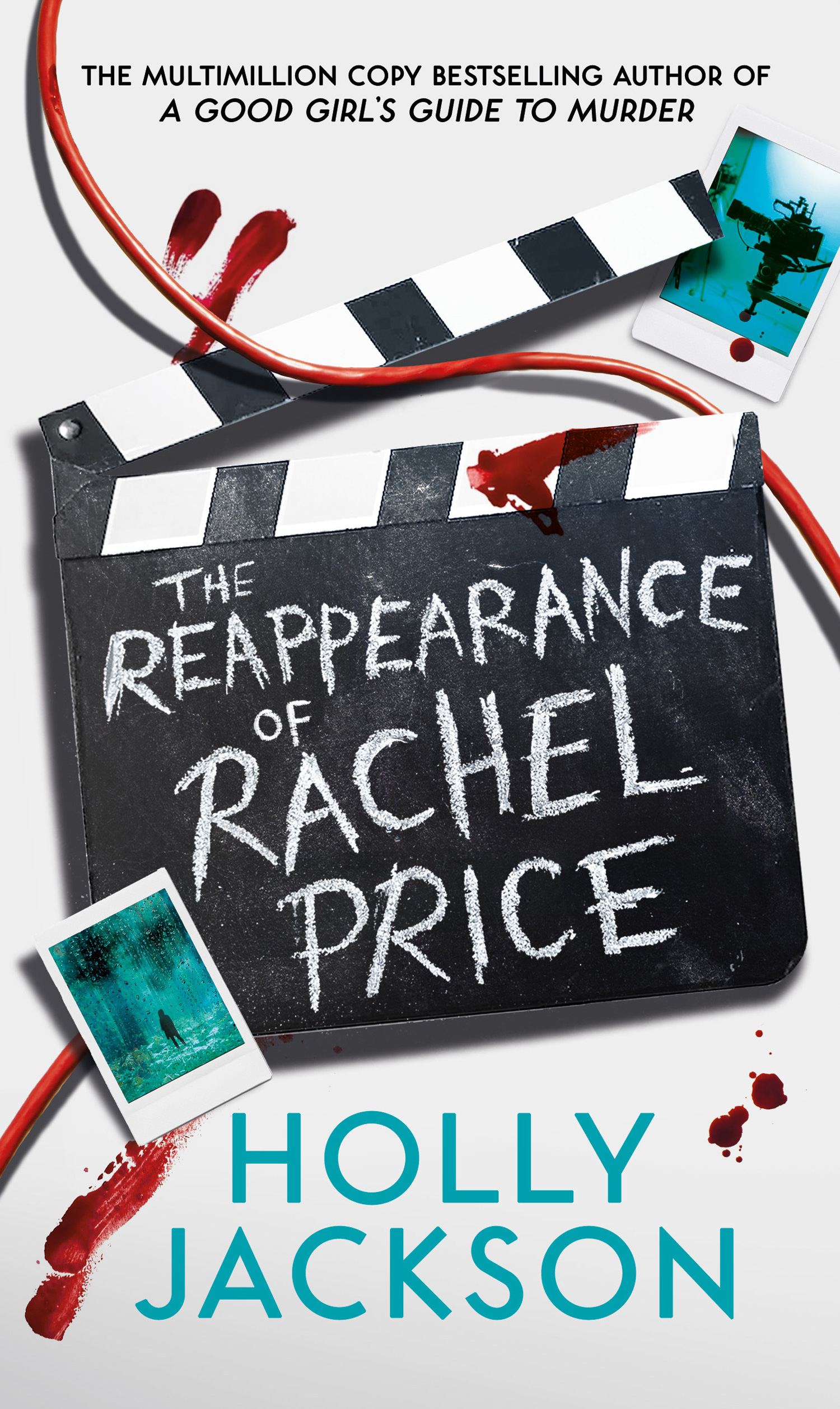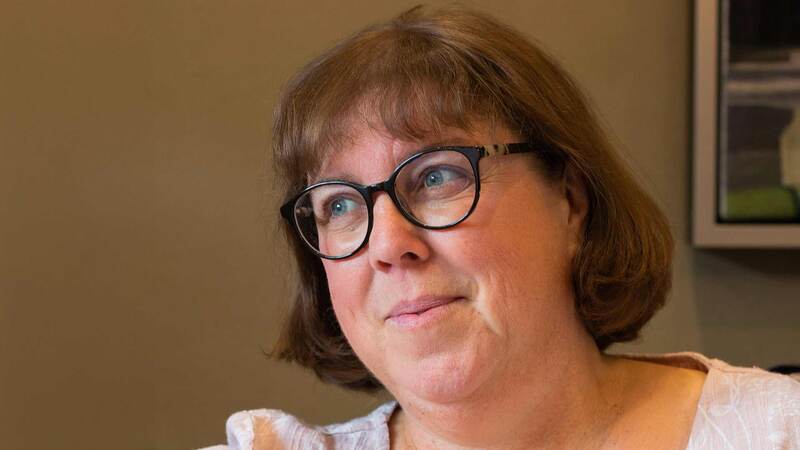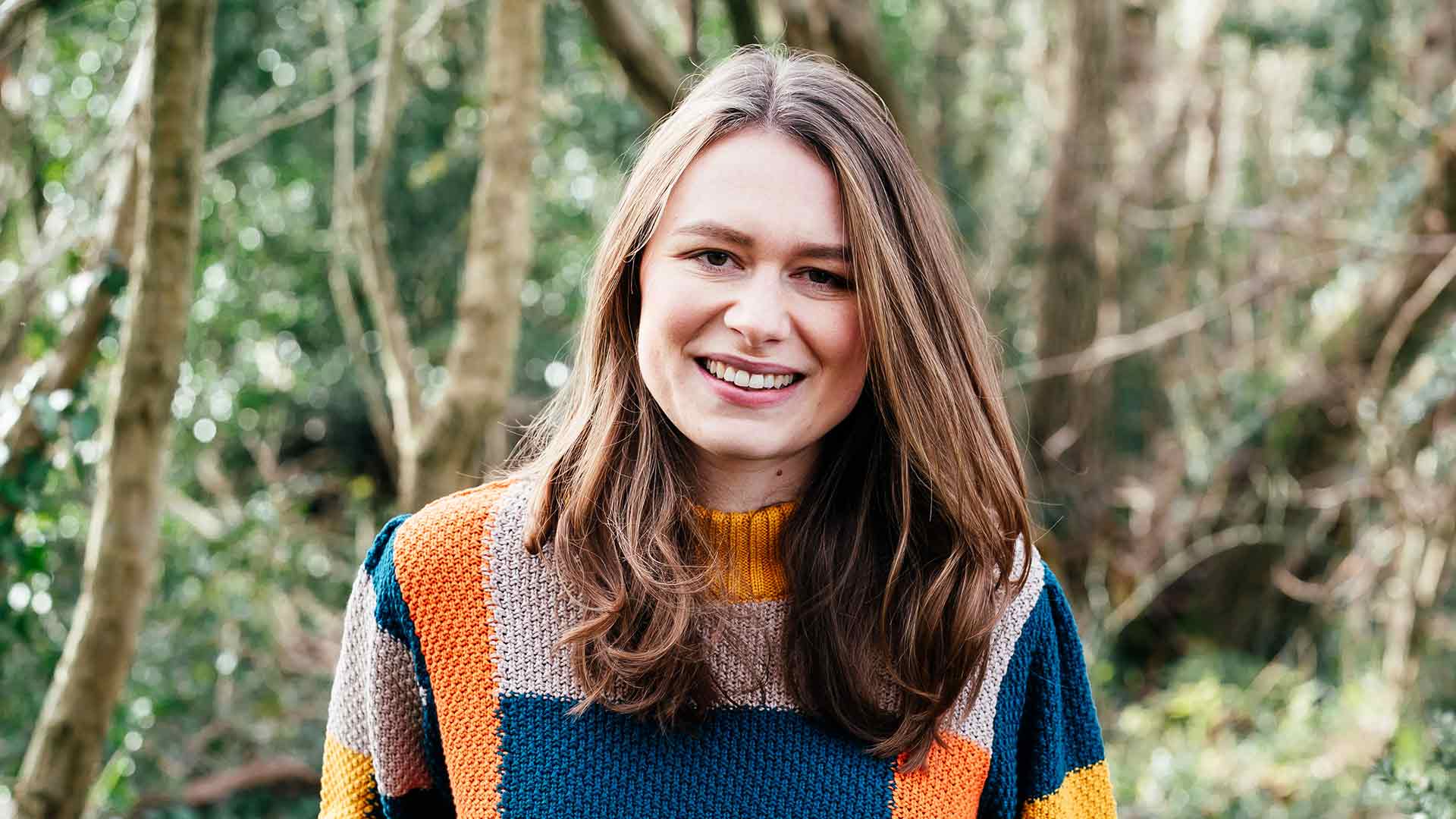You are viewing your 1 free article this month. Login to read more articles.
Holly Jackson discusses success, TikTok and her latest YA novel
In the strange, dead days between Christmas and new year, I spoke to Holly Jackson over video call, ahead of the April publication of her fifth Young Adult novel, The Reappearance of Rachel Price. This will be swiftly followed in May by the fifth anniversary of her début, A Good Girl’s Guide to Murder, which is set to hit small screens in a BBC adaptation this spring. According to HarperCollins, Jackson’s global sales have now reached an astonishing six million copies. Jackson uses the word “uncanny” when reflecting on her success. “It doesn’t really feel like life has changed that much,” she muses.
“I’m still in my little room typing away at stories. But when you actually think about how many people have read the books you could drive yourself into an existential abyss.”
I last spoke to Jackson in 2020 when, during Covid-19 lockdowns, I announced to her over video call that she had won Children’s Fiction Book of the Year at the British Book Awards. “It was so exciting and a big shock,” she recalls, happily pointing out the Nibbie trophy in her “shrine to myself” on her bookshelves. “It was my first book. It didn’t have to do fantastically well, it just had to get me started so I could build a career,” she remembers. “I thought that was the peak of success. But it kept peaking and you might even say it’s still peaking now.”
I’ve made sure that some of the most fan-favourite quotes and moments from the books made it in there
The continued success of the book is due in part to the TikTok effect, hitting high sales again both during the lockdowns and in 2023. “TikTok is the new word-of-mouth vehicle we have,” says Jackson. “However much marketing budget a publisher may have, word of mouth is king and it’s really hard to replicate or organically create that.” Jackson acts as executive producer on the BBC adaptation and has been heavily involved in production, visiting the set regularly last summer. ‘They’ve gradually learned that I don’t let go of my intellectual property lightly,” she laughs. She is “cautiously optimistic” and hopeful that fans will approve. “I’ve made sure that some of the most fan-favourite quotes and moments from the books made it in there.”
Jackson wrote a trilogy of Good Girl novels that was followed by a standalone thriller, Five Survive, in which a group of teenagers became trapped in an RV vehicle ambushed by snipers. “It was a bit of a palate cleanser,” she admits. “I wanted to do a book that was totally different.” By contrast, The Reappearance of Rachel Price is much more comparable to the original trilogy: a domestic drama in a small-town setting with a main character who is investigating. “For me it really is a return to the types of books and TV that I love to watch,” she enthuses. “Those mystery thrillers that have big, exciting, climactic parts but also smaller, creepy, everyday moments.”
The Reappearance of Rachel Price tells of 18-year-old Bel, who has lived her entire life in the shadow of her mother’s disappearance when she was a toddler. No trace of her mother has ever been found and the police’s initial suspicion of her father has left a stain on their family. “She’s grown a very, very hard shell as a result,” explains Jackson, “and she has a lot of resentment towards her missing mum”. These difficult feelings are dragged to the fore when the family agree to a true-crime documentary. Part way through filming, the impossible happens: Rachel Price returns, seemingly from the dead, and life will never be the same again. Bel’s feelings are complex and, when a few things don’t seem to add up, she suspects Rachel may be lying. Bel takes it on herself to buddy up with Ash, the camera assistant from the documentary team, and they embark on their own investigation, digging up some dark family secrets, trauma and, inevitably, twists and turns.
Most people will think Bel is quite abrasive and unlikeable, but I think they’ll have a soft spot for her
A huge fan of true-crime podcasts, Jackson’s initial inspiration came from the idea of subverting the ubiquitous “the disappearance of…” shows that dominate the genre. “Wouldn’t it be fun it that was flipped on its head?” she counters. She came up with the pleasingly alliterative title almost straight away, later building the meat of the story around the tangled family dynamics. Although she is immensely proud of the book—“I think I have learned so much and I was able to distil every lesson I’ve learned into it”—she also admits that the writing process was long and painful.
It is, however, her most accomplished work to date, pairing pin-sharp plotting and pace with a masterful slow-burn reveal and emotional depth, particularly in the exploration of the mother-daughter relationship. Moments between the two that should be normal, such as a mother looking in on her sleeping daughter, take on new resonance under Jackson’s questioning eye. “Because of the context they are turned into creepy, horror-infused moments, as you’re not sure who can be trusted,” Jackson explains. Bel herself is a complicated lead. “I really like writing unlikeable protagonists and think I’m going to do it forever,” she cackles. “They’re just so much more fun. Most people will think Bel is quite abrasive and unlikeable, but I think they’ll have a soft spot for her, because they’ll be able to see why she’s like that. I think it speaks to how we wish we could sometimes behave.”
A Good Girl’s Guide to Murder was relocated from its UK setting to Connecticut for the American edition and both Five Survive and Rachel Price are set in the US. “I’m quite good at being a fake American,” laughs Jackson. “I’ve started using American vernacular and get told off a lot.” Is it a strategic commercial move, I ask? Initially yes, she admits, but adds that the vast size of the country, small-town mentalities and gun issues all feed into that true-crime angle. “The US is a very fertile setting for messed-up things to happen that you might not necessarily buy if they happened in the UK. With some of those big true-crime stories it feels a bit like, ‘Only in America could this happen’.”





